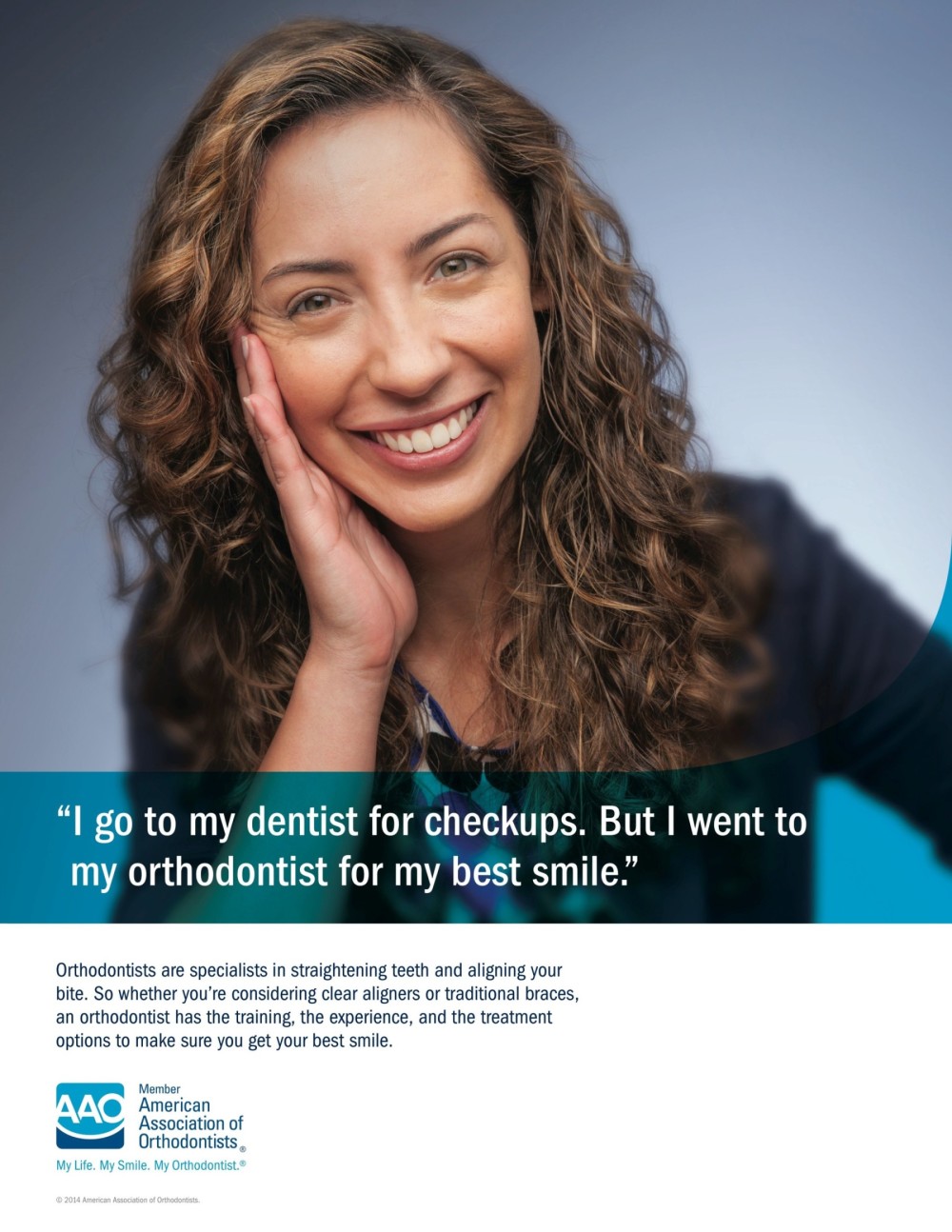Dentist as Compared to an Orthodontist
We sometimes get the question, “what’s the difference between a general dentist and an orthodontist?” by patients or the general public, and I think it’s important to explain what differentiates a dentist from an orthodontist.
At its core, there are two fundamental differences between a dentist and an orthodontist. The first is specialization and the second is education or training.
Generalist vs. Specialist
A general dentist is, by definition, a generalist and typically performs a multitude of different dental procedures in the office. These can range from basic cleanings and fillings to extractions, root canals, crowns, bridges, and much, much more. With so many procedures to perform, general dentists can be considered jacks of all trades. With the changing technology, introduction of new materials, keeping up with the many aspects of general dentistry is quite challenging! Kudos to general dentists.
Education and Training
All dentists attend four years of dental school after college. Following dental school, all dentists are licensed to practice general dentistry. Some dentists go on to an additional year of training in general dentistry while many go straight into private practice and begin treating patients. Other dentists may choose to pursue a competitive multi-year residency in one of the dental specialties such as orthodontics, endodontics (root canals), prosthodontics (dental prosthetics), oral surgery, or periodontics (gum specialist).
When dentists decide to specialize, they limit their focus to that sole aspect of dentistry. Therefore, as an orthodontist, I only provide orthodontic treatment. Day in and day out, it’s braces for children and adults, Invisalign, orthodontic appliances, retainers or jaw surgery in conjunction with an oral surgeon. Because I am an orthodontic specialist and have a practice limited to orthodontics, the volume of orthodontic cases I treat, say on an annual basis, as compared to a general dentist, is insurmountable.
So, although a general dentist can legally perform any and all dental procedures, it’s important to remember that they will always be held to the standard of that specialty. The burden is on the general dentist to perform the dental procedures to the highest standard enacted by the different specialty boards and organizations. And while all dentists are encouraged to keep up their learning by attending continuing education courses on a yearly basis, a lecture or weekend course is never going to compare to the education and training of a two or three-year residency or the volume of focused treatment done day in and day out by a specialist. With that being said, would you want your child’s smile handled by a general dentist or an orthodontist?

